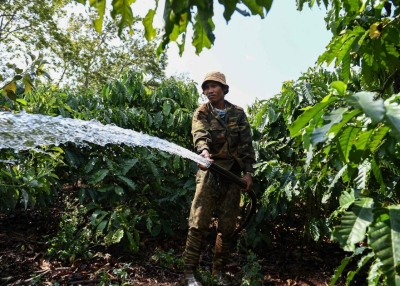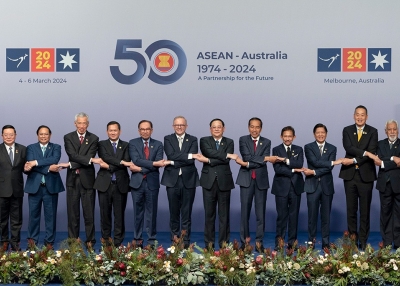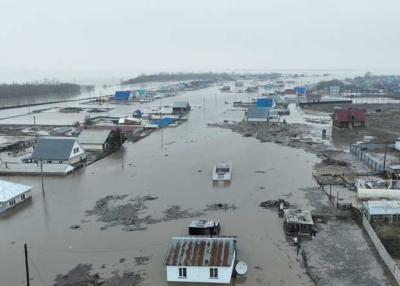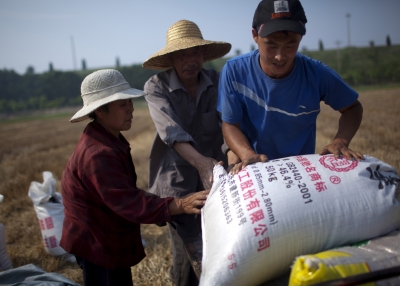Southeast Asia and COVID-19
Examining the COVID-19 Pandemic and What it Means for Southeast Asia’s Future
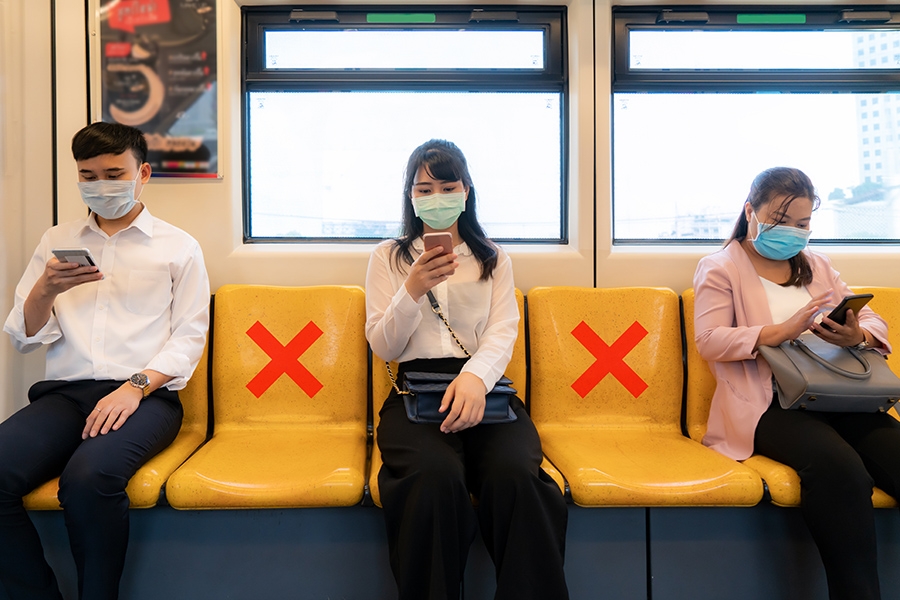
This joint Asia Society Policy Institute–Asia Society Australia project presents a series of reflections on Southeast Asia and the COVID-19 pandemic through essays and video commentaries from experts.
Over the course of the project, we will examine the pandemic’s effect on Southeast Asia’s politics and society, its economy, regional cohesion and external relations. Along the way, we’ll suggest some ways in which Southeast Asia’s partners can respond to developments in the region and, especially, best support Southeast Asia’s economic recovery and long-term resilience and sovereignty.
Southeast Asia worked hard to keep the COVID-19 pandemic mostly at bay during 2020. But in 2021, as it did globally, the Delta variant hit the region hard. The human toll has been immense – many thousands have died and poverty and unemployment have risen. The region’s fragile and uneven economic recovery has slowed.
These challenges come at a time when Southeast Asia’s external environment is complex and contested – a time of change in global order, of protectionism and nationalism and of intense competition between the United States and China.
A series of short analytical papers will outline COVID’s impact on the region across six key areas, including public health, trade, and Southeast Asian regionalism. The project also includes interviews with leading regional experts, such as Richard Horsey, Aim Sinpeng and James Gomez.
Southeast Asia and COVID-19 is supported by the Australian Government through the Australia-ASEAN Council of the Department of Foreign Affairs and Trade.


Asia Society Australia acknowledges the support of the Victorian Government.

